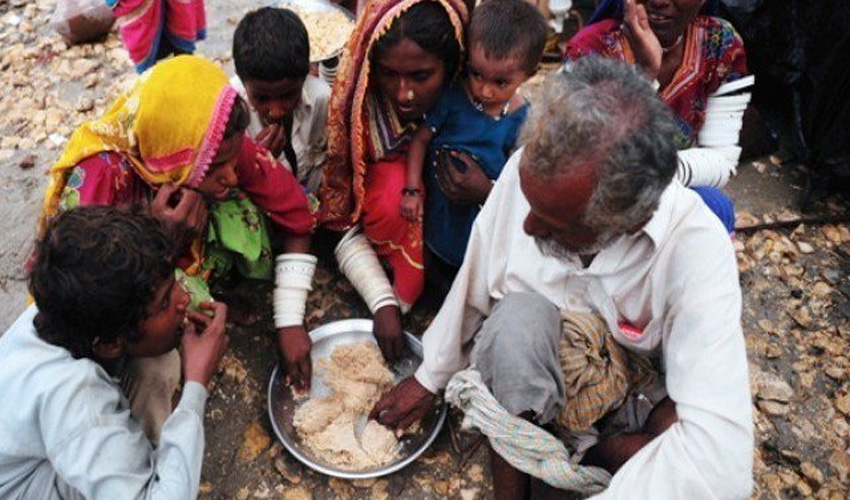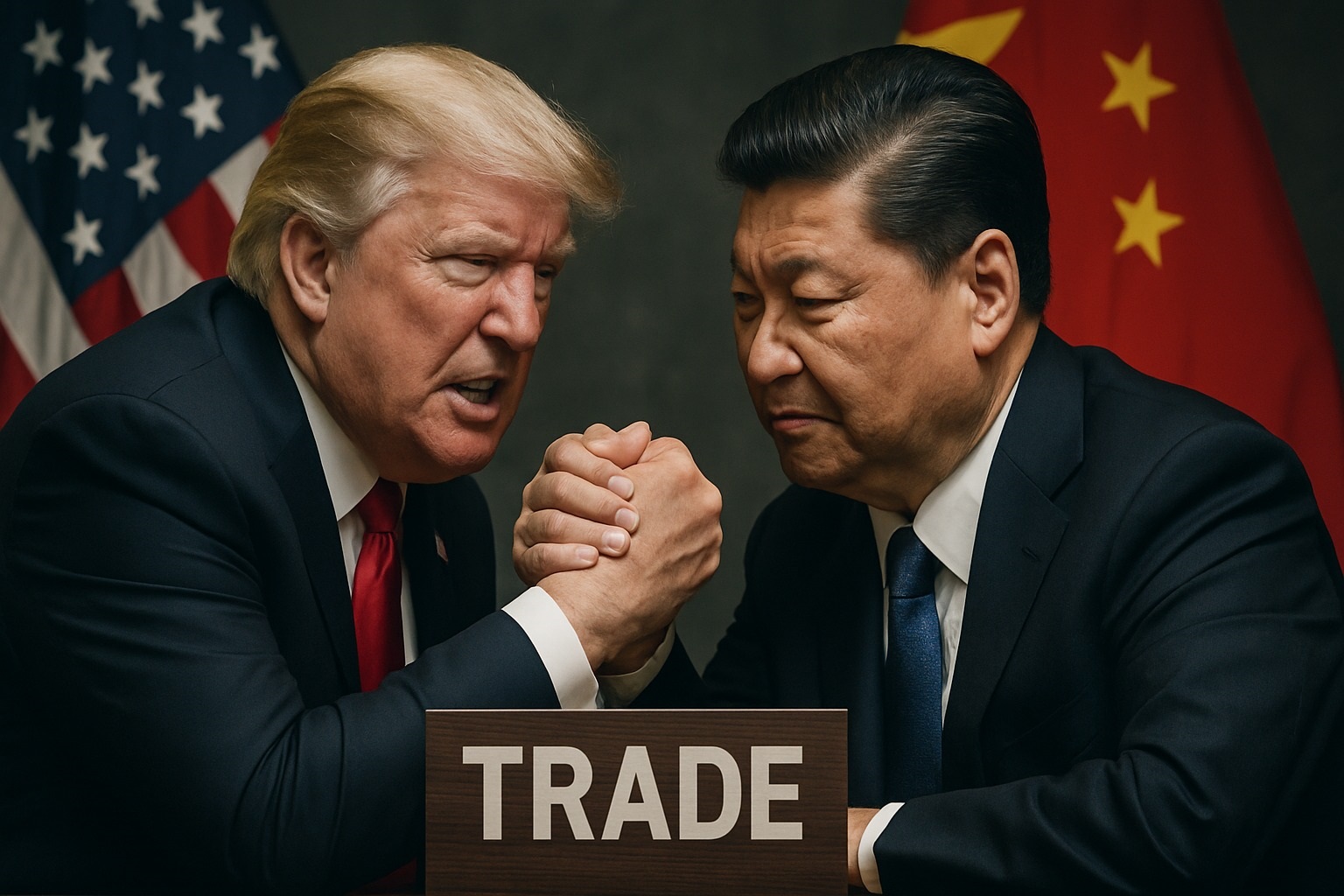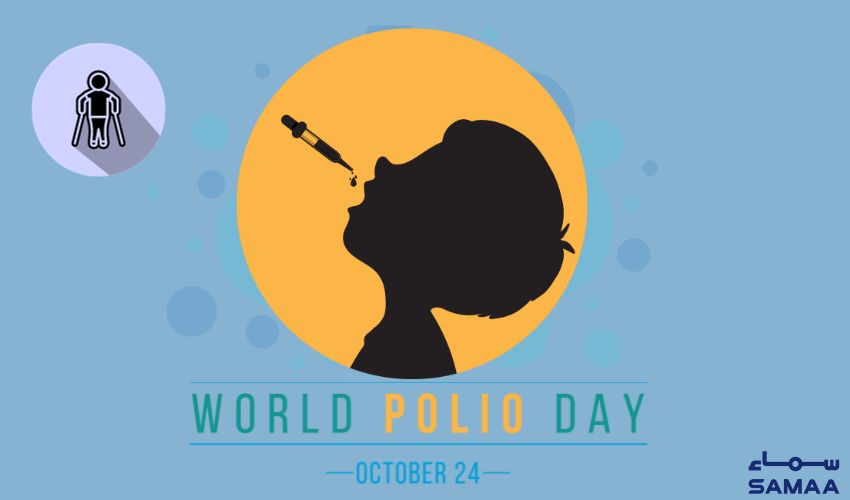The Constitution of Pakistan, specifically Article 38, mandates the state to provide basic necessities, including food, to all citizens, particularly those unable to earn a livelihood. While prioritising macroeconomic stability is crucial, the incoming government must also address the urgent issue of food security.
Food security is not just about self-sufficiency in staples like wheat, milk, and meat, or being an exporter of rice, mangoes, and oranges. It means sustained availability of nutritious food for everyone at affordable prices, access to clean drinking water, health services, and a balanced diet. Despite being an agrarian country, Pakistan faces severe food insecurity, exacerbated by economic challenges and extreme weather conditions.
The floods in 2022 pushed an additional nine million people into acute food insecurity, not including those affected indirectly by disrupted supplies or loss of economic opportunities. Even before these calamities, food insecurity was prevalent. Unicef’s National Nutrition Survey in 2018 revealed that one in three Pakistanis faced food insecurity, and one in five experienced undernourishment. Alarming statistics showed that two out of five children under five were stunted.
A 2023 FAO report highlighted a surge in moderate to severe food insecurity, from 14.1% during 2014-2016 to 42.3% during 2020-2022. This increase, partly due to Covid-19 and the 2022 floods, underscores the vulnerability of the population to unforeseen shocks. The World Food Program reported that the average Pakistani spends half of their monthly income on food, compromising other essential expenses like health and education.
Affordability is a critical aspect of food security. The FAO estimated that 82.8% of the population could not afford a healthy diet in 2021. With a 35% depreciation of the rupee and global commodity price surges, maintaining a nutritious diet is unattainable for most Pakistanis. This situation results in malnutrition, with severe economic consequences. A 2016 study by the World Food Program estimated the annual economic cost of undernutrition at $7.6 billion.
Government’s role
To address food insecurity, the government must balance economic recovery with ensuring food security. Effective collaboration between federal and provincial governments is crucial. A comprehensive approach is needed, ensuring all pillars of food security—availability, access, utilization, and sustainability—are addressed simultaneously.
Transitioning from conventional agriculture to climate-smart agriculture is essential. Governments should redirect agricultural subsidies towards research and development in precision agriculture, digital technologies, and biotech innovations. Improving rural infrastructure, transportation networks, and storage facilities can mitigate post-harvest losses and ensure that increased agricultural output reaches consumers.
Governments need to create livelihood opportunities and improve the consumable income of citizens. Administrative measures to curb hoarding and inefficient markets, along with strengthening social safety nets like cash transfers, are essential. Beyond popular schemes like ‘sasta tandoor’, initiatives that address socio-economic disparities must be prioritized.
The importance of clean drinking water, sanitation facilities, health services, education, and awareness campaigns on balanced diets cannot be overstated. Consuming nutritious food without addressing these factors can still lead to food insecurity. Governments must work on providing these prerequisites for improved food utilization.
Policy framework
A national nutrition policy framework is essential to promote healthy diets. The National Food Security Policy should be revisited to address the growing impacts of climate change on food security. The government needs to develop a comprehensive food security plan that complements economic recovery efforts.
Striking a balance between economic stability and food security is challenging but essential. The government must deliver on its constitutional mandate to ensure food security for all citizens. This requires a holistic approach, addressing the multifaceted nature of food security and implementing sustainable solutions. As Shakespeare aptly said, “uneasy lies the head that wears the crown.” The new government must rise to this challenge and deliver on its promises.



























